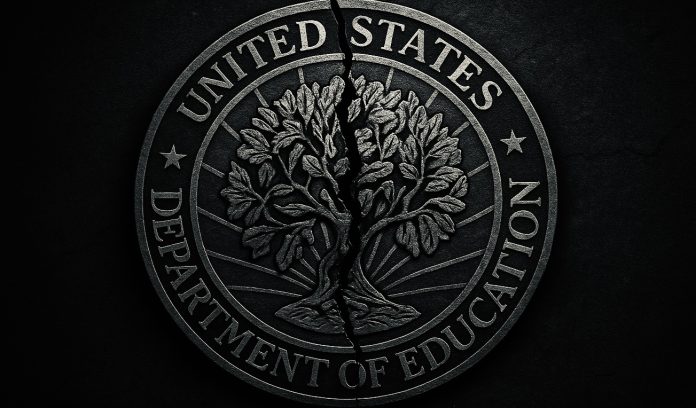Pittsburgh, PA – Medical Laboratory Technician (MLT) and related laboratory science certificate programs may soon see major shifts in federal funding eligibility as sweeping reforms to student aid programs take effect in 2026. These programs, often delivered through community colleges and allied health career schools, are directly affected by new strict federal performance measures.
According to federal guidance, MLT and lab science certificate programs that are unaccredited, non-credit, or under 150 instructional hours cannot receive Title IV financial aid. Programs between 150 and 600 hours must qualify under the Workforce Pell program, requiring a 70% completion rate, 70% job placement rate, and tuition costs that do not exceed graduates’ measured value-added earnings from previous cohorts.
Beginning July 1, 2026, these programs will also be evaluated under the federal “low earnings outcomes” test. If graduates earn the same or less than adults with only a high school diploma for two out of three measured years, the program loses access to federal Direct Loans. Although MLT roles typically offer stronger wages than other entry-level healthcare paths, programs in low-wage regions or smaller clinic-based markets may still face compliance challenges.
Educators warn that reduced aid access could worsen staffing shortages in diagnostic labs and hospital testing centers.





